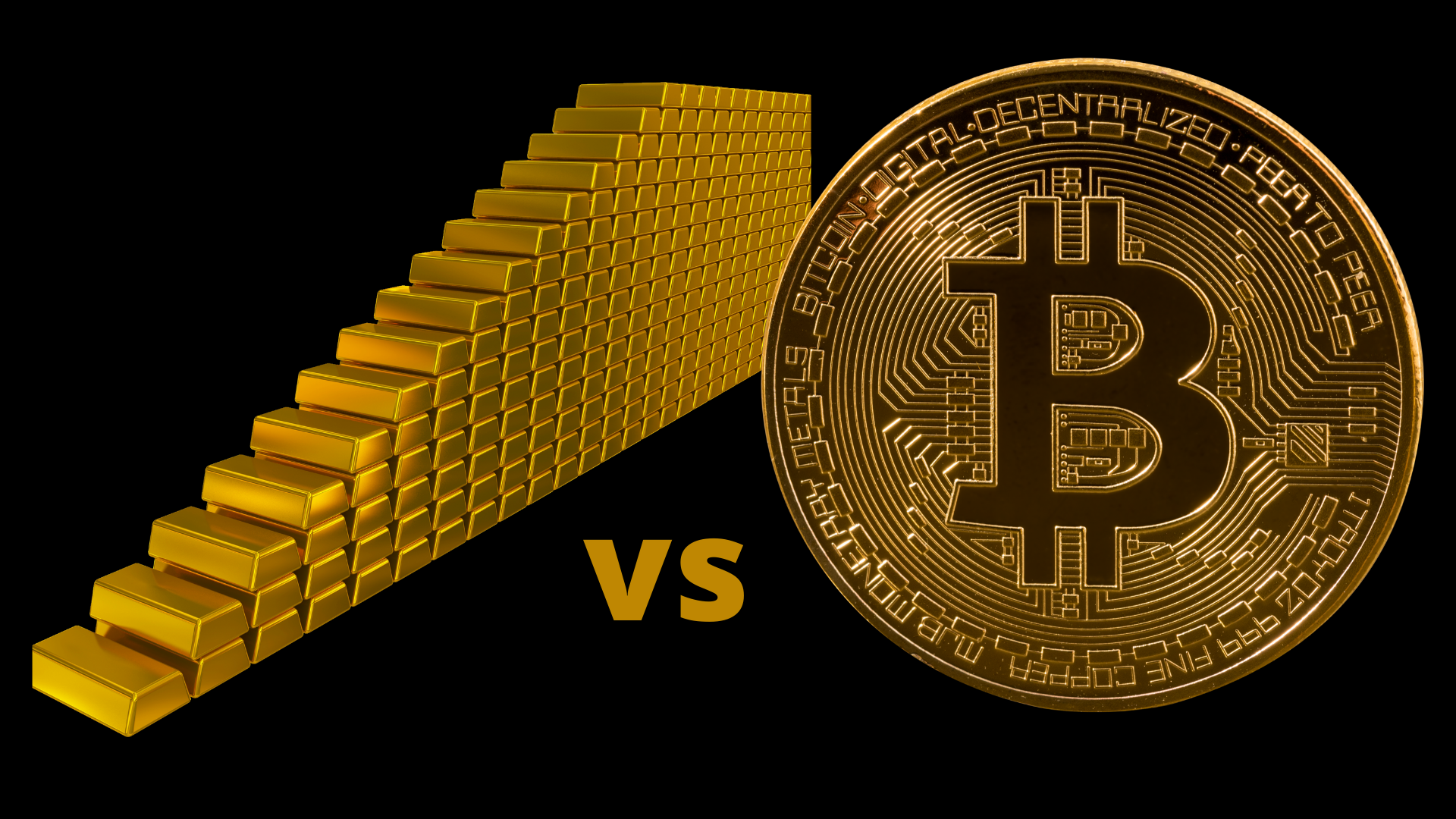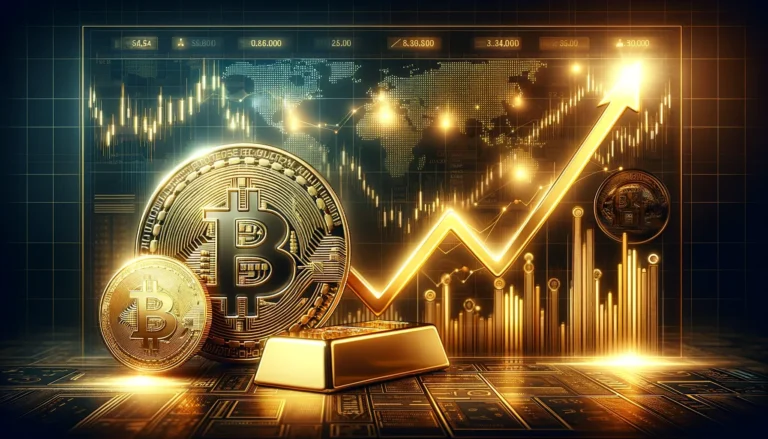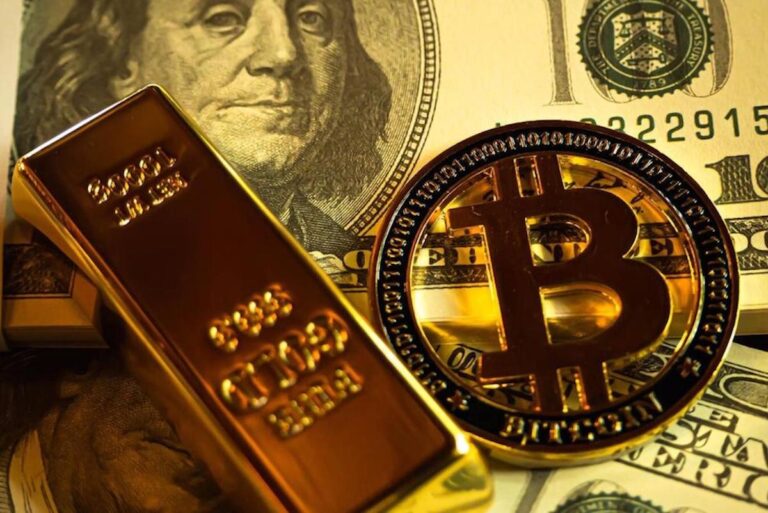When we think about assets that preserve value, gold is often the first thing that comes to mind. But now, Bitcoin is emerging as a new contender in this space. The article digs into whether the approval of Bitcoin and Ethereum ETFs (Exchange-Traded Funds) could be a game-changer for their “store of value” role, a concept traditionally associated with assets like gold.
For decades, gold has been seen as a reliable store of value. It’s something investors have clung to in times of economic uncertainty, inflation, or financial instability. But something curious is happening now—Bitcoin is stepping into this territory. Bitcoin has been promoted as “digital gold,” something that can store value over the long term because of its finite supply and decentralized nature.
However, the landscape for both Bitcoin and gold is shifting, especially as big players like central banks and ETF investors get involved. For Bitcoin traders, this means new opportunities but also new challenges. With traditional investors jumping into crypto, the price movements and the reasons people invest are changing. Bitcoin is no longer just for the die-hard believers; it’s entering a new phase of mainstream adoption, which changes how its value behaves.
The gold market has also seen its share of surprises. Central banks, especially from countries like Russia, India, and China, have been buying up gold at unprecedented levels since 2022. These governments are driven by different motivations than traditional Western investors. For them, gold isn’t just about protecting against inflation or economic instability; it’s a strategic asset, and that shifts its role as a store of value in ways we haven’t seen before.
Now, with crypto ETFs entering the game, we might be seeing a similar shift in Bitcoin’s role. ETF investors are different from the typical crypto crowd—they’re motivated by things like portfolio diversification and long-term financial planning, which could dilute Bitcoin’s original “store of value” narrative. This doesn’t mean that Bitcoin and gold are no longer valuable. Far from it! But it does mean that new players are coming into the market with different goals, and this changes how prices react to major events like inflation, interest rate hikes, or geopolitical crises.
For crypto traders, this is a critical time to watch the market closely. The approval of ETFs could bring in a wave of new investments, but it could also mean that Bitcoin becomes more tied to traditional financial market cycles. This might dilute the very appeal that attracted early investors—its independence from traditional financial systems.



